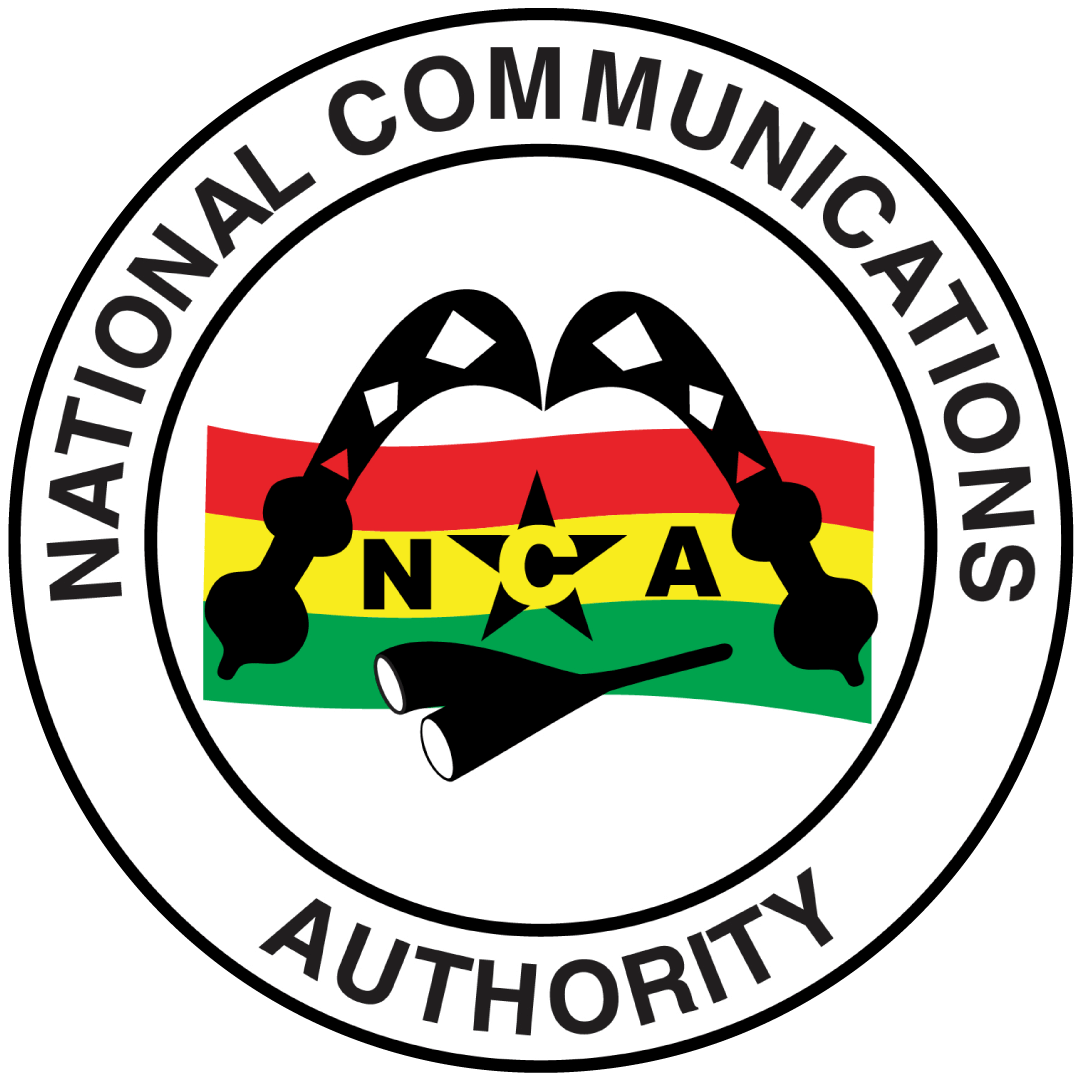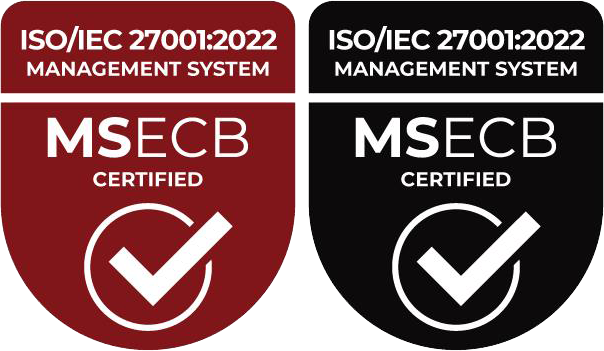Legal
Hubtel is certified and regulated as a service provider. Here are our terms of service.





- General Terms of Service
- Service Fees
- Certification and Regulation
- Refund Policy
- Privacy Policy
- Mobile Messaging Terms
- KYC Policy
- Information Security Policy
- Data Retention & Protection Policy
- Consumer Protection Policy
- Anti-Money Laundering Policy
- Anti-fraud Policy
- Warning / Disclaimer: Notice of Non-Liability for sharing OTP
- Car Insurance Agreement
- Independent Rider Contractors
Anti-Money Laundering Policy
Scope
This policy is to help prevent and detect potential money laundering or terrorist financing activity. Hubtel takes a zero-tolerance approach to money laundering, terrorist activity and other such financial crimes.
Hubtel ensures it has appropriate policies and procedures in place to complement this AML policy.
Hubtel staff actively participate in preventing the services of the Company from being exploited by criminals and terrorists for money laundering or terrorist financing purposes.
The objectives of this policy are:
To ensure that Hubtel is compliant with all applicable laws, statutory instruments of regulation, and requirements of the industry regulator.
To protect the company and its staff from the risks associated with breaches of the law, regulations and supervisory requirements;
To preserve the good name of the company against the risk of reputational damage presented by implication in money laundering and terrorist financing activities;
To make a positive contribution to the fight against crime and terrorism.
To achieve these objectives, Hubtel ensures that:
Every member of staff meets their personal obligations as appropriate to their role and position in the Company.
Neither commercial considerations nor a sense of loyalty to clients shall be permitted to take precedence over the Company’s anti-money laundering commitment. It supports the Anti-Money Laundering Reporting Officer in carrying out the duties of their appointment;
It maintains anti-money laundering policies and procedures outlining the actions to be taken by staff during their work, and continuously reviewing these policies to ensure their appropriateness.
The overall AML framework for Hubtel consist of:
Anti-Bribery and Corruption Policy;
AML Risk Assessment;
Code of Business Conduct;
Customer Due Diligence Policy;
Disciplinary Policy;
PEP & Sanctions Screening Policy;
Probity Policy Suppliers & 3rd Parties;
Reporting Suspicious Activity Policy;
SAR Submission Policy; and
Whistleblower Policy
Money Laundering &Terrorist Financing
Money Laundering is the process of disguising the origin of the proceeds of crime. Terrorist financing provides funds for terrorist activity. The use of products and services by money launderers and terrorists exposes the Company to significant criminal, regulatory and reputational risk.
This policy is designed to provide direction on the approach and management of Anti-Money Laundering (AML) and Counter-Terrorist Financing (CTF) within the Company.
This policy supports management’s objective of mitigating the following risks:
Money laundering;
Terrorist financing;
Sanctions;
Politically exposed persons (PEPs);
Legal and regulatory risk.
There are three broad groups of offenses related to money laundering that Hubtel ensures it avoids:
Knowingly assisting (in a number of specified ways) in concealing, or entering into arrangements for the acquisition, use, and/or possession of, criminal property;
Failing to report knowledge, suspicion, or where there are reasonable grounds for knowing or suspecting, that another person is engaged in money laundering or terrorist financing;
Tipping off, or prejudicing an investigation.
Terrorist Financing
There can be considerable similarities between the movement of terrorist property and the laundering of criminal property: some terrorist groups are known to have well-established links with organized criminal activity. However, there are two major differences between terrorist property and criminal property.
More generally:
Only small amounts are required to commit individual terrorist acts, thus increasing the difficulty of tracking the terrorist property;
Terrorists can be funded from legitimately obtained income, including charitable donations, and it is extremely difficult to identify the stage at which legitimate funds become terrorist property.
Hubtel ensures that its staff are well versed in AML awareness and the underlying policies and procedures.
AML Risk Assessment
Hubtel has adopted a risk-based approach to managing the risks presented by the business, taking into account legislation and industry guidance as applicable.
The AMLRO is responsible for ensuring an AML risk assessment is completed and regularly reviewed. The risks assessed should help determine the strength of Hubtel’s policies and procedures and control systems in place to help prevent and detect such money laundering or terrorist financing activity.
The risk-based approach takes the most cost-effective and proportionate way to manage and mitigate money laundering and terrorist financing risks.
The AMLRO assess the money laundering and terrorist risks presented by:
Customer risk-specific categories of customers and the resulting business relationships
Payment risk – payment methods offered and the degree to which their specific characteristics are vulnerable to ML/TF threats.
Geographical risk – the risks posed by geographical factors.
Product risk – products offered and the degree to which their specific characteristics may be attractive for money laundering or financing terrorism.
Supplier / 3rd party Risk -risks of onboarding new clients/suppliers and not understanding who owns the business or considering other AML risks.
Technological Risk –risks with the technology used by the company / how susceptible is it to money laundering or terrorist financing?
Employee risk – the risks posed by employees of the company.
Regulatory Risk– the risks of non-compliance with license and regulatory frameworks.
Hubtel recognizes that risks change over time and continually and regularly update its risk management procedures as part of its overall risk management framework.
Know Your Customer (KYC)/Client Program (Due Diligence Procedure)
Know Your Customer Requirements
“Know Your Customer” (KYC) requirement entails obtaining full particulars of the identity of a customer and having adequate knowledge of the purpose for which the customer desires to establish a business relationship with a financial institution. Having adequate knowledge of a customer and applying it to all transactions initiated by the customer is an effective way of avoiding being used to launder the proceeds of crime and recognizing suspicious activities.
Thus, Hubtel has established clear and written procedures for verifying the identity of persons who open new accounts. The procedures state the types of information the institution will collect from customers and how it verifies each customer’s identity.
Customer Acceptance Policy
Hubtel will not establish a business relationship until all relevant counterparties to the relationship have been identified and the nature of the business they intend to conduct has been duly ascertained. Once an on-going business relationship has been established and the normal operation confirmed, any inconsistent activity would be investigated to determine whether there is a suspicion of money laundering.
The Requirement to Obtain Identification Evidence
The first requirement of knowing your customer for money laundering purposes is that Hubtel must be satisfied that a prospective customer is who he/she claims to be. Hubtel shall not carry out or agree to carry out, any financial business or provide advice to a customer or potential customer unless Hubtel is certain about who that person actually is. If the customer is acting on behalf of another, Hubtel is obliged to verify the identity of both the customer and the agent/trustee unless the customer is itself a regulated financial institution within the country.
The Nature and Level of The Business to Be Conducted
Adequate information should be obtained on the nature of the business that the customer intends to undertake, including the expected or predictable pattern of transactions. The information collected at the outset for this purpose should include:
Nature of relationship with Hubtel i.e. a Merchant or a Consumer;
Nature of the activity that is to be undertaken;
Details of occupation/business activities and sources of wealth or income.
Adequate steps should be taken to keep the information up to date as the opportunities arise, e.g. when an existing customer opens a new account. Such information obtained during any contact with the customer should be updated to the existing account, as far as practicable, that current customer information is readily available to the AMLRO or relevant regulatory bodies.
Risk-based Approach to KYC:
Hubtel has adopted a risk-based approach in implementing its KYC policy in respect of certain customers who are considered to carry a “higher risk” than others. Generally, the risk levels of customers may depend upon customer type, or the service being offered to the customers and the transaction amount capacity of the customer. Such “higher risk” customers must be subjected to enhance due diligence investigation on risk- based approach include the following:
Non-face-to-face customers ie Consumers.
Politically Exposed Persons (PEPS)
For such high-risk entities, the KYC approach should resort to Enhanced Customer Due Diligence techniques (ECDD). The ECDD techniques should include: –
Identifying the customer and verifying that customers identity using reliable, independent source documents, data or information.
Conducting ongoing due diligence on the business relationship and scrutiny of transactions undertaken throughout the course of that relationship to ensure that the transactions being conducted are consistent with Hubtel’s knowledge of the customers, their business and risk profile, including where necessary, the source of funds.
Issues on Identity
Identity is defined as a set of attributes, including names used, date of birth, and the digital address at which a customer may be located, all of which can uniquely identify a natural or legal person.
Timing of Verification of Identity
Identity shall be verified whenever a business relationship is to be established and an account opened. For Hubtel, a business relationship does not include the provision of information about the availability of a service or to a first discussion prior to establishing a relationship. Once identification procedures have been satisfactory, and the business relationship established, as long as contract or activity is maintained and records concerning that customer are kept, no evidence of identification may be undertaken when a customer performs a transaction. Further evidence of identity may be needed a customer request to update his/her daily transaction limit.
General Requirements for Merchants
Every Retail manager should at all times satisfy himself/herself that he/she is dealing with a real person or organization (natural, corporate or legal), by obtaining adequate identification evidence.
Organization/Business has legally allowed merchandise or service to sell.
Items must be sellable through Hubtel.
Organization/Business must be the direct provider of product/service (No agents)
Prove of Identification (eg Passport, TIN, Driver’s License) of the owner(s) of the business.
Additional documents, such as license from regulatory authorities are required and inspected by Hubtel for businesses with specialized activities like betting and lottery.
General Requirements for Consumers (Non-Face-to-Face Customers)
KYC will be tiered according to the users’ desired range of money transaction (transaction limit). There are three (3) total KYC levels. At each level, a different set of identification is required from the user.
Level 1: Minimum KYC – Amounts below GHC 100.00
The customer provides a phone number.
Hubtel confirms the user’s name from the scheme/wallet provider.
Level 2: Medium KYC – Amounts above GHC 100.00 not exceeding GHC 30,000
The Customer provides a phone number
Hubtel confirms the user’s name from the scheme/wallet provider
The customer provides ID details e.g Voters ID
Hubtel shall verify the ID provided by the customer
Level 3: Enhanced KYC – Amounts Exceeding GHC 30,000.00
The Customer provides a phone number.
Hubtel confirms the user’s name from the scheme/wallet provider.
The customer shall provide a nationally acceptable identity instrument such as Passport, National ID, Voters ID or Driver’s license).
Hubtel shall verify the ID provided by the customer through system connectivity with relevant ID verification firms.
When the consumer first signs on to the mobile application, he will be prompted for KYC information. If a user attempts a transaction that would require a higher KYC level than the one, he/she currently has, Hubtel’s system will return an error message.
Identification Procedures for Other Institutions and Bodies
When processing an application by a group, Hubtel ensures that the organization or society is registered and requests a resolution by the Board or Executives. Hubtel verifies the identity of the organization by confirming its status with the company registry.
For Governments and their Agencies, a certified copy of the resolution or other document authorizing the opening of the account or undertaking the transaction is required in addition to evidence that the official representing the agency has the relevant authority to act.
In respect of Foreign Consulates, there is the need to verify the status of applicants requesting to open accounts or undertake transactions in the names of resident Foreign Consulates and any supporting documents by reference to the relevant industry regulator or competent authority.
Sanctions and PEPs Screening
The Company makes use of an external service provider to screen customers against recognized Sanctions Lists and Politically Exposed Persons (PEPs) lists. Individuals will be screened on an on-going basis (monthly) as well as on initial registration.
Politically Exposed Persons Screening
The term ‘politically exposed persons’ (PEPs) refers to people who hold high public office. The current regime, as per the Anti-Money Laundering Act 2008 (Act 749), requires firms to apply extra measures, called “enhanced due diligence” when dealing with those who are PEPs, as well as family members or close associates of those PEPs.
The company has in place appropriate risk-management systems and procedures to determine whether a customer or the beneficial owner of a customer is— (a) a politically exposed person (a “PEP”), or (b) a family member or a known close associate of a PEP, and to manage the enhanced risks arising from the relevant person’s relationship with such a customer.
Examples of prominent public functions include:
Heads of state, heads of government, ministers and deputy or assistant ministers;
Members of parliament or of similar legislative bodies;
Members of the governing bodies of political parties;
Members of supreme courts, of constitutional courts or of any judicial body the decisions of which are not subject to further appeal except in exceptional circumstances;
Members of courts of auditors or of the boards of central banks;
Ambassadors, charges d’affaires and high-ranking officers in the armed forces;
Members of the administrative, management or supervisory bodies of State-owned enterprises;
Directors, deputy directors and members of the Board or equivalent function of an international organization;
Any match or possible match to a PEP requires the AMLRO’s approval and or further advice before allowing the customer to have an account with the Company. Should approval be granted for a PEP, enhanced due diligence may be required (such as additional documentation) but all PEPs will also be subject to ongoing monitoring of their account activity. This is undertaken on at least a monthly basis to ensure the customer’s account is operating as expected and there are no sudden changes to account activity and/or behavior.
